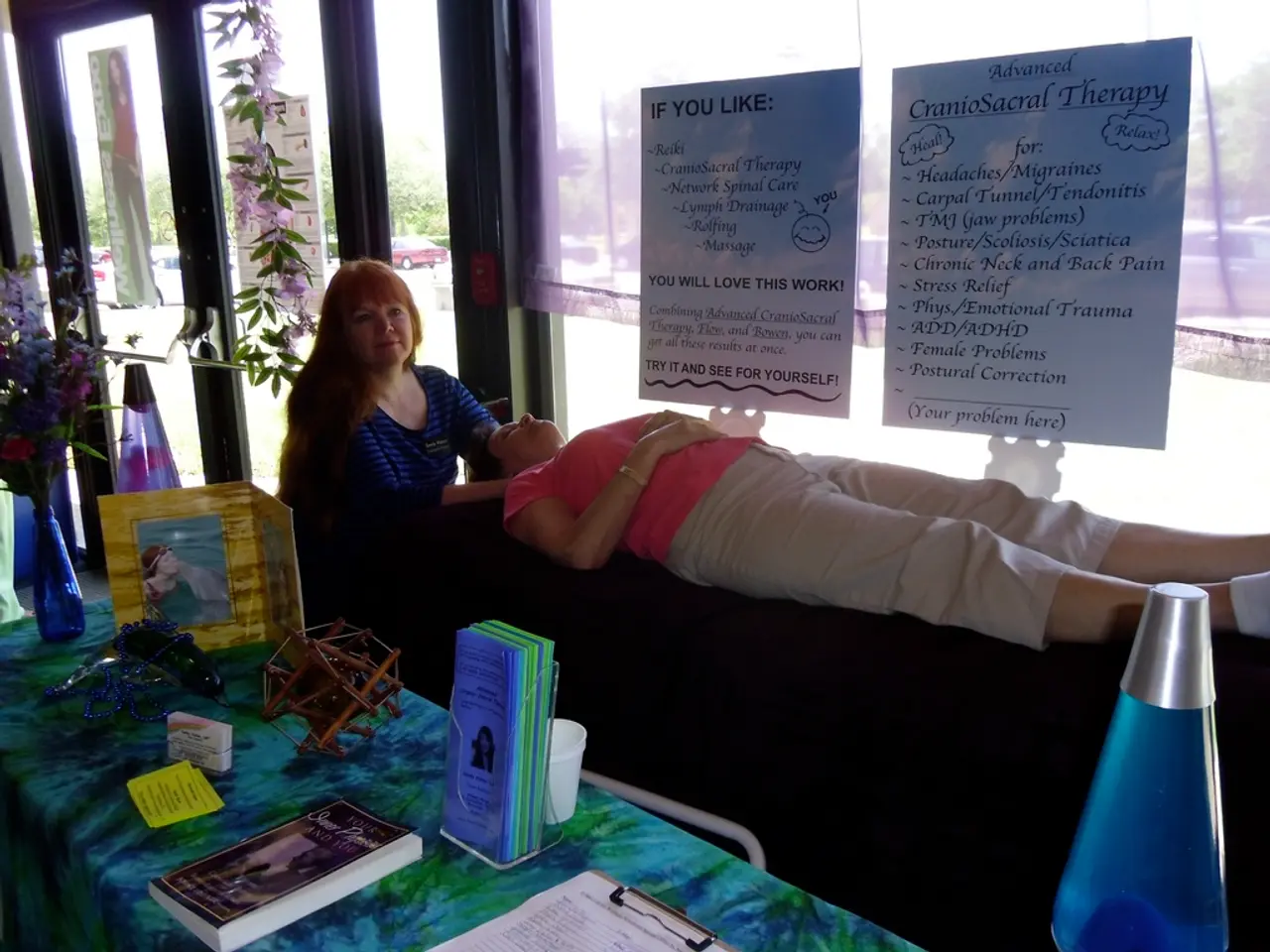Vacation aftermath: The legitimacy of post-vacation blues explored, with strategies for prevention and managing symptoms
Post-vacation depression is a common experience for many individuals, characterised by feelings of sadness, anxiety, and a general sense of unease after returning from a holiday. While it is not a clinically recognised condition, understanding the symptoms and adopting effective coping strategies can help manage these feelings.
Symptoms of post-vacation depression include persistently feeling sad, anxious, or empty, experiencing hopelessness or pessimism, and feelings of guilt, worthlessness, or helplessness. Other symptoms may include loss of interest in usually enjoyable activities, fatigue or lack of energy, difficulty concentrating, changes to sleeping patterns, appetite changes, unexplained weight changes, unexplained physical aches and pains, and suicidal thoughts or actions. If symptoms persist or worsen, professional help should be sought.
Effective prevention and coping strategies for post-vacation depression include planning your return thoughtfully, staying physically active, paying attention to diet, and easing back into your routine gradually. Specifically, it is helpful to come home a few days early to adjust and reduce stress, continue moving and exercising after your trip, maintain healthy nutrition to support mood and energy, and slowly resume work or responsibilities.
Giving yourself a buffer day after returning before resuming work can also help reduce symptoms. This buffer day allows time to unpack, grocery shop, and decompress before work factors in. Practicing mindfulness by being present and reframing anxious or negative thoughts about returning from vacation can also help manage feelings of depression.
Research has found that vacations may help to improve mood, reduce mental stress, and increase life satisfaction, but the positive effects may disappear within the first week of returning to everyday life. However, some benefits, such as reduced negative emotions, stress, and aggression, may last longer, particularly for those with low work stress.
If feelings of depression continue, people may want to talk with their healthcare professional or a mental health professional for advice. In case of immediate support, individuals can call the SAMHSA National Helpline, the National Alliance on Mental Illness (NAMI) Helpline, or the Suicide & Crisis Lifeline.
It's also important to be aware that stress in the workplace or school may contribute to post-vacation depression. The American Psychological Association suggests using a journal to keep track of stressful situations, finding healthy ways to cope with stress, prioritizing self-care, creating work-life boundaries, and talking with a supervisor to manage work-related stress.
Documenting a trip in a journal or scrapbook may help people cope with negative emotions post-vacation. Participants in a 2020 study found that creating scrapbooks to capture memories provided psychological comfort. Keeping souvenirs from a vacation or giving a souvenir to someone may allow people to share vacation experiences.
However, it's important to note that post-vacation depression may occur for a number of reasons, including the pressure to immediately get back to work and the daily routine, which may cause mental stress to increase again. Some theories around post-vacation depression include the need to make adjustments between vacation and the routine of everyday life, and the need to reintegrate into day-to-day life and society after returning from a different country.
In conclusion, adopting a thoughtful and proactive approach to returning from vacation can help manage post-vacation depression. By planning ahead, staying active, maintaining a healthy diet, easing back into your routine, and practicing mindfulness, individuals can reduce the negative effects of returning from vacation and maintain their mental wellbeing.
- Incorporating fitness-and-exercise routines and good nutrition into the workplace-wellness programs can help people cope with post-vacation depression and maintain their health-and-wellness.
- Mental-health professionals might recommend work-life boundaries, using a journal to manage work-related stress, and prioritizing self-care to prevent or manage post-vacation depression.
- Creating a fitness-and-exercise plan, maintaining a healthy diet, and writing about the trip in a journal or scrapbook are examples of effective methods for managing symptoms of post-vacation depression.




